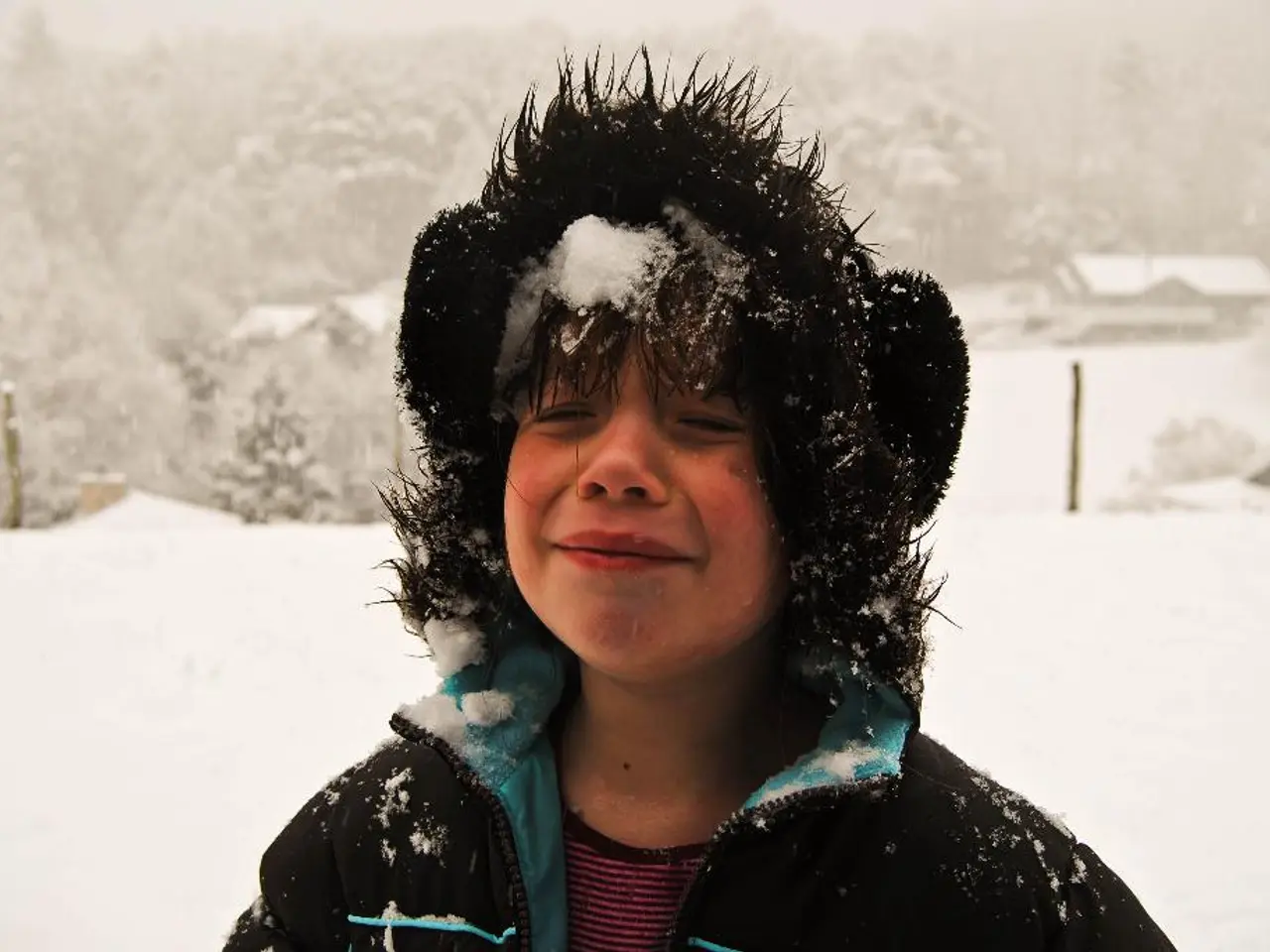Autistic student realizes ambition by attending college
Overcoming Adversity: Neurodivergent Students Achieve Success
In Mountain Ash, 18-year-old Keira Swain is embarking on a new journey as an aspiring filmmaker, having been accepted into Aberystwyth University. Swain's determination to succeed was fueled by a desire to make her mother proud, and she overcame initial doubts about her ability to attend university following the loss of her mother.
Similarly, Carriad Lewis, a 22-year-old neurodivergent individual from a nearby town, has secured a place to study early years education at Cardiff Metropolitan University. Lewis's aspiration to help children with additional needs was strengthened by the diagnosis of her cousin with autism. Initially apprehensive about returning to a classroom due to difficulties with social interaction and communication, Lewis credits the patience and kindness of her teachers at Coleg y Cymoedd for helping her overcome her fears and grow in confidence.
Oliver Edmunds, an 18-year-old from a different part of the region, launched his own fitness brand, OE Fitness, after losing his father. Edmunds' motivation was to honour his father's memory and provide a support network for others, much like the one he found in college that helped him navigate through difficult moments. Edmunds believes that fitness helped him build a support network, improve his mental health, and gain discipline.
The success stories of neurodivergent students like Swain, Lewis, and Edmunds highlight the potential within neurodiversity when properly supported. Numerous examples can be found across the globe, demonstrating how neurodivergent students are successfully pursuing higher education and making a difference.
For instance, Olivia Sukhia, a 17-year-old with ADHD, initially struggled with panic in crowds but after attending Beacon College’s Summer for Success program, she gained confidence and social skills that prepared her for college life. Seeger Perry, a student on the autism spectrum, found community with peers in similar situations, motivating each other toward academic success.
At the University of Calgary, Dr. TC Waisman, who was diagnosed with autism in their 40s, earned a doctorate and became the first openly neurodivergent person in their field, demonstrating neurodivergent strength in academia. Similarly, Dr. Aliya Kassam uses her ability to think outside the box as a neurodivergent associate professor and researcher, helping normalize diverse learning and thinking styles.
Neurodivergent students like Faith Wegoye and Kailey Newel are changing perspectives from math and medicine disciplines, advocating for recognition that neurodiversity enriches professional practices and education. Dave Laurence White, Jr., a disabled and neurodivergent doctoral student, has been nationally recognized for disability advocacy. His work promotes systemic change and inclusive culture, showing how neurodivergent scholars impact disability justice beyond academia.
However, challenges remain for neurodivergent students. Sensory overload, executive dysfunction, social anxiety, and lack of structural support are often misunderstood by higher education institutions. Programs like executive function coaching and legal accommodations under Section 504 help students develop critical skills for independence and academic success.
In summary, the stories of Keira Swain, Carriad Lewis, and Oliver Edmunds, along with numerous other neurodivergent students, show that with the right support, they can successfully pursue higher education and make a significant impact. Their journeys highlight both the barriers and the potential within neurodiversity when properly supported.
Science plays a crucial role in understanding the unique strengths and challenges faced by neurodivergent individuals, contributing to the development of effective strategies to support their health-and-wellness, education-and-self-development, and lifestyle. These students, such as Keira Swain and Carriad Lewis, not only excel academically but also make valuable contributions to various fields, including filmmaking, early years education, and fitness. Furthermore, their journeys inspire the science communities to explore novel approaches to promote inclusivity and diversity in higher education and society at large.




